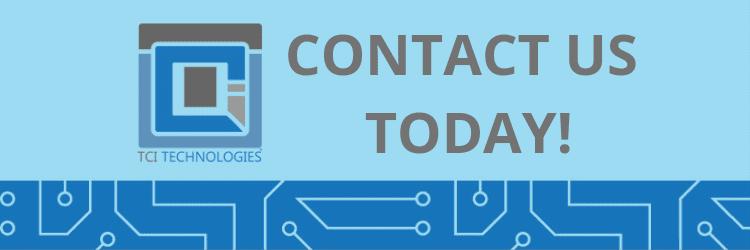The daily threat of cyber attacks on our financial security is more common than ever. With the increasing use of online banking, shopping, and investment platforms, we are constantly exposed to risks that could potentially compromise our financial well-being. Cyber attackers continuously seek ways to exploit vulnerabilities in our online presence, from identity theft to fraudulent transactions that should raise your financial cybersecurity concerns.
Wolf of Wall Street in Sheep’s Clothing
One of the most common ways cyber criminals target individuals is through phishing scams. These attacks involve sending fraudulent emails or texts that appear to be from reputable sources, such as banks or credit card companies. Once the victim clicks on a malicious link or provides personal information, the attacker can access your or your business’s sensitive financial data, steal money, or commit identity theft.
Additional Threats with an Even Bigger Bite
Ransomware attacks on financial services have increased from 55% in 2022 to 64% in 2023. These attacks and their counterpart, Ransomware-as-a-service (RaaS), are steadily rising and becoming the number one threat to our financial security.
- In a ransomware attack, malware encrypts the victim’s files and demands a ransom in exchange for the decryption key. If the victim does not pay the ransom, their files may be permanently lost or leaked, putting financial and personal information at risk.
- Ransomware as a service is a criminal variation of the software-as-a-service (SaaS) model. It operates on a subscription basis, offering pre-made ransomware tools for sale or rent to individuals, known as ransomware affiliates, to carry out ransomware attacks.

7 Defense Measures to Protect Your Assets
60% of small businesses will go out of business after being victims of a cyber attack. Safeguarding your finances, online accounts, and personal information against the constant barrage of cyber attacks is critical to the life of your business. Here are some valuable steps you can take to enhance your digital financial cybersecurity:
- Use strong, unique passwords for all online accounts and update them regularly. Avoid using easily guessable passwords like “123456” or “password.”
- Enable two-factor authentication on your accounts whenever possible. This extra layer of security requires a second form of verification, such as a text message or biometric scan, in addition to your password.
- Be cautious of unsolicited emails or messages asking for personal information. Do not click on links or download files from unknown sources, as they could be malicious.
- Regularly monitor your financial accounts for any suspicious activity. Report any unauthorized transactions to your bank or credit card company immediately.
- Keep your devices, such as smartphones, computers, and tablets, updated with the latest security patches and antivirus software. This can help prevent malware and viruses from infecting your devices.
- Avoid using public Wi-Fi networks for sensitive transactions, such as online banking or shopping. These networks are often unsecured and can be easily intercepted by hackers.
- Regularly back up your important files and data to an external hard drive or cloud storage service. In the event of a ransomware attack, you can restore your files without having to pay a ransom.

Your Financial Cybersecurity: Everything is at Stake
Cyber threats are constant and lurk around every corner. Taking the preventive measures mentioned above will help protect your hard-earned money and your business’s financial security. Considering an external cybersecurity provider such as TCI Technologies will add another layer of protection. You will have qualified experts overseeing your entire network who are aware of current and potential cyber threats and have the ability and resources to address them in real-time.



